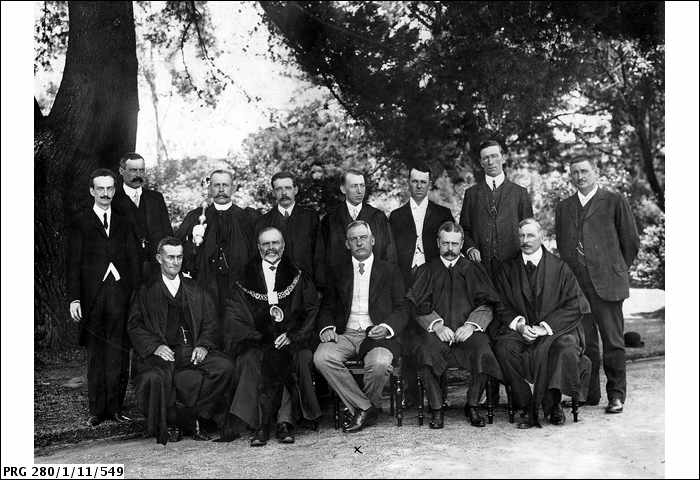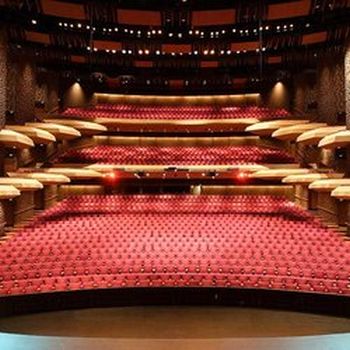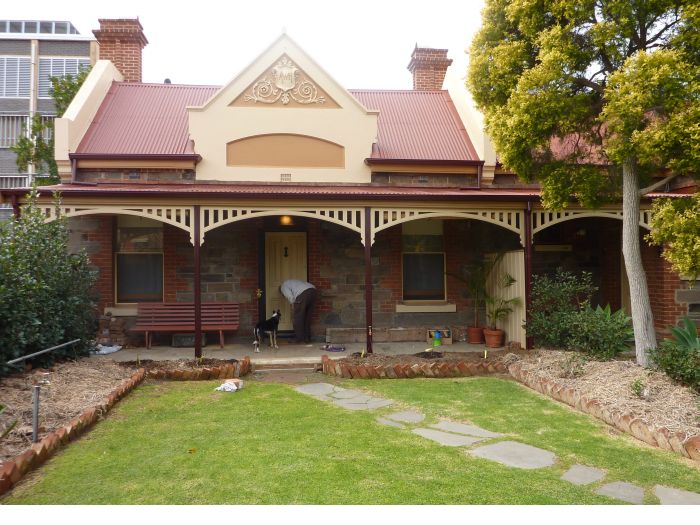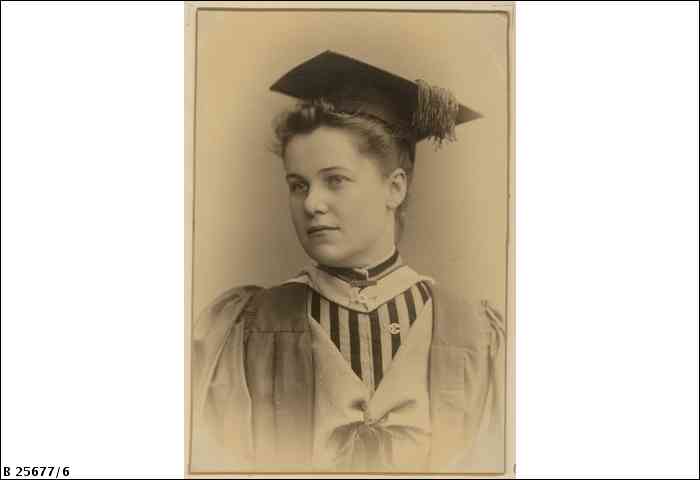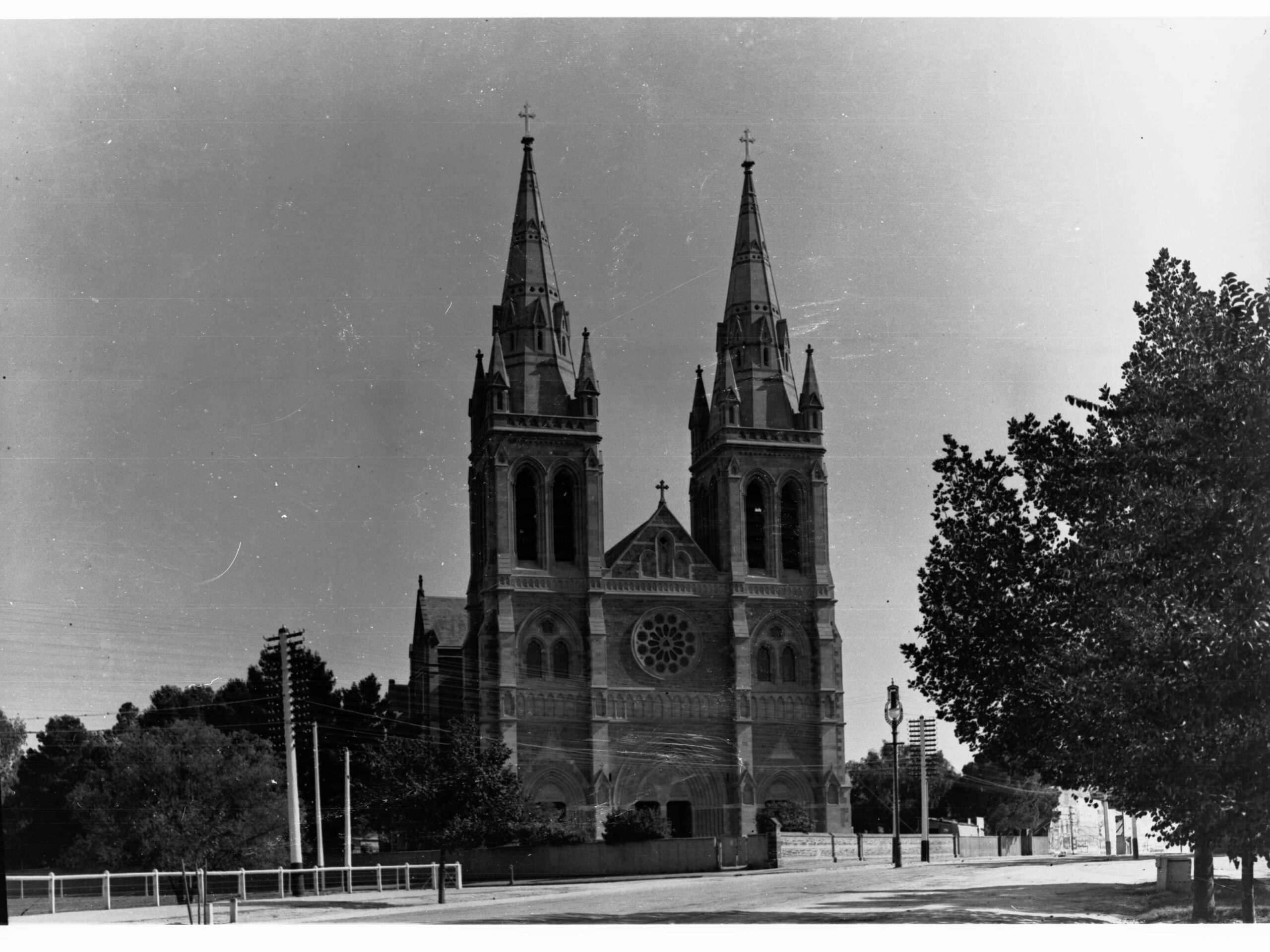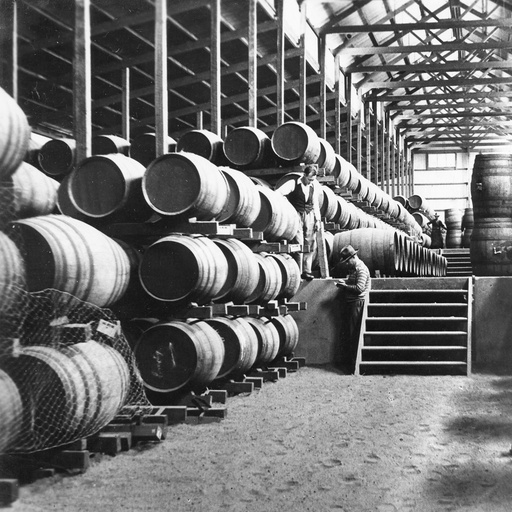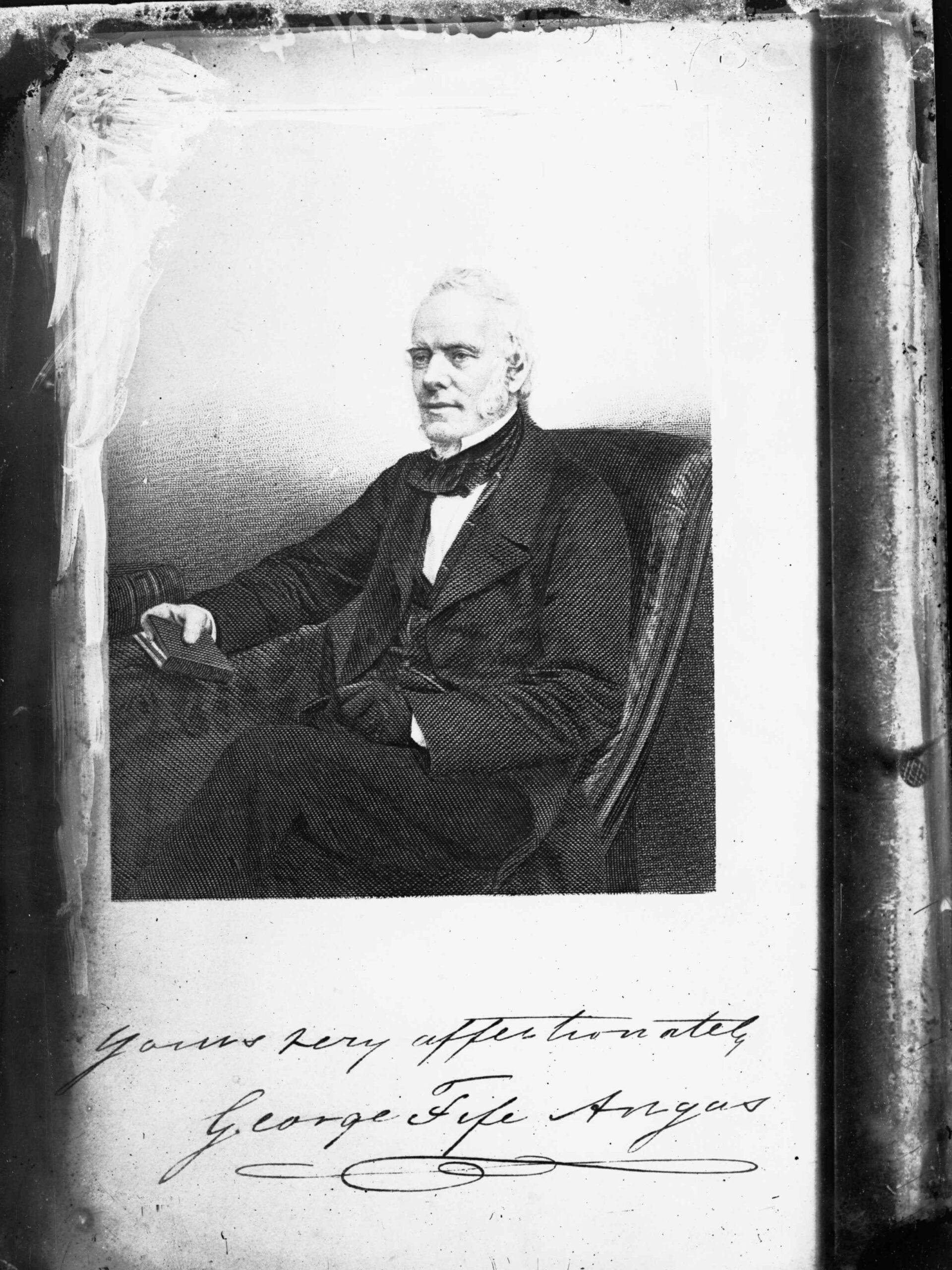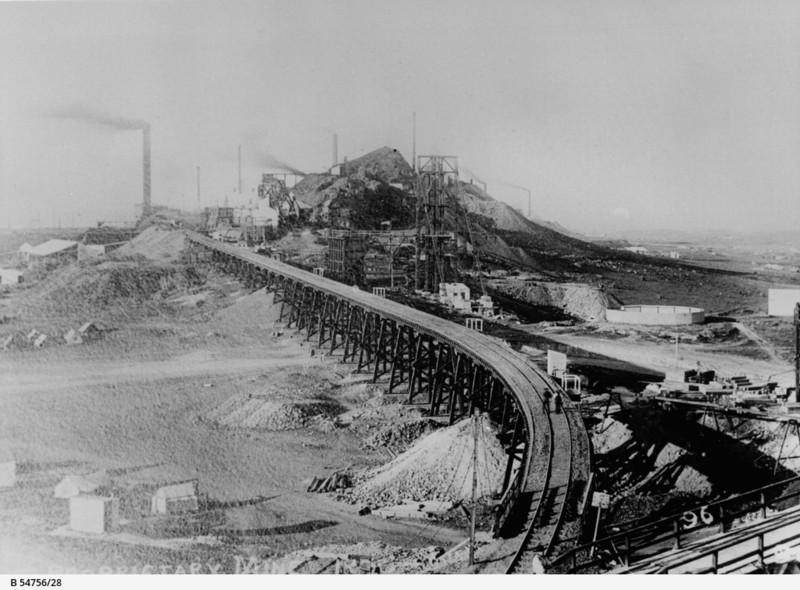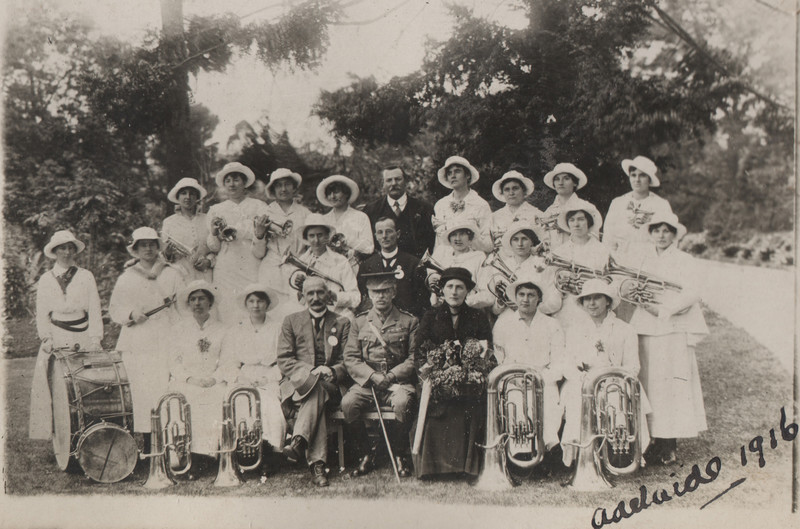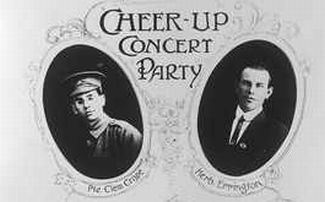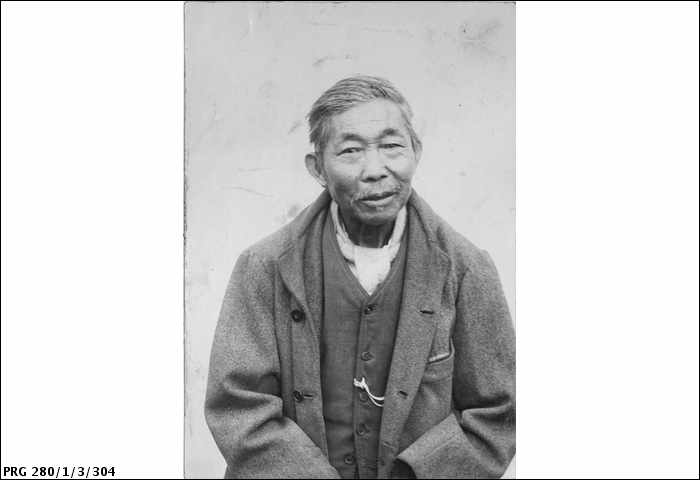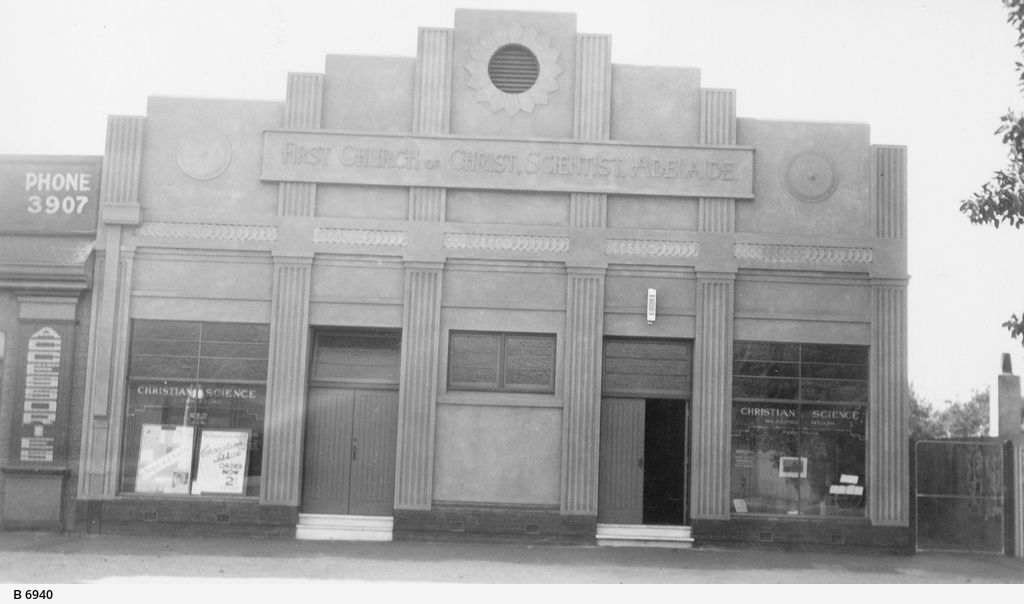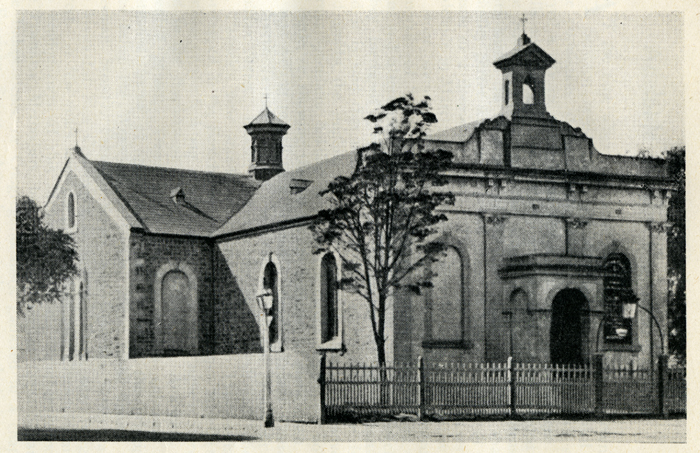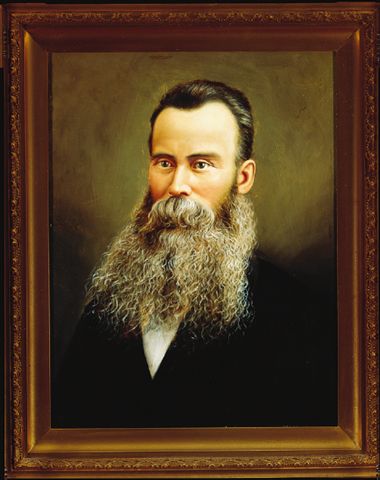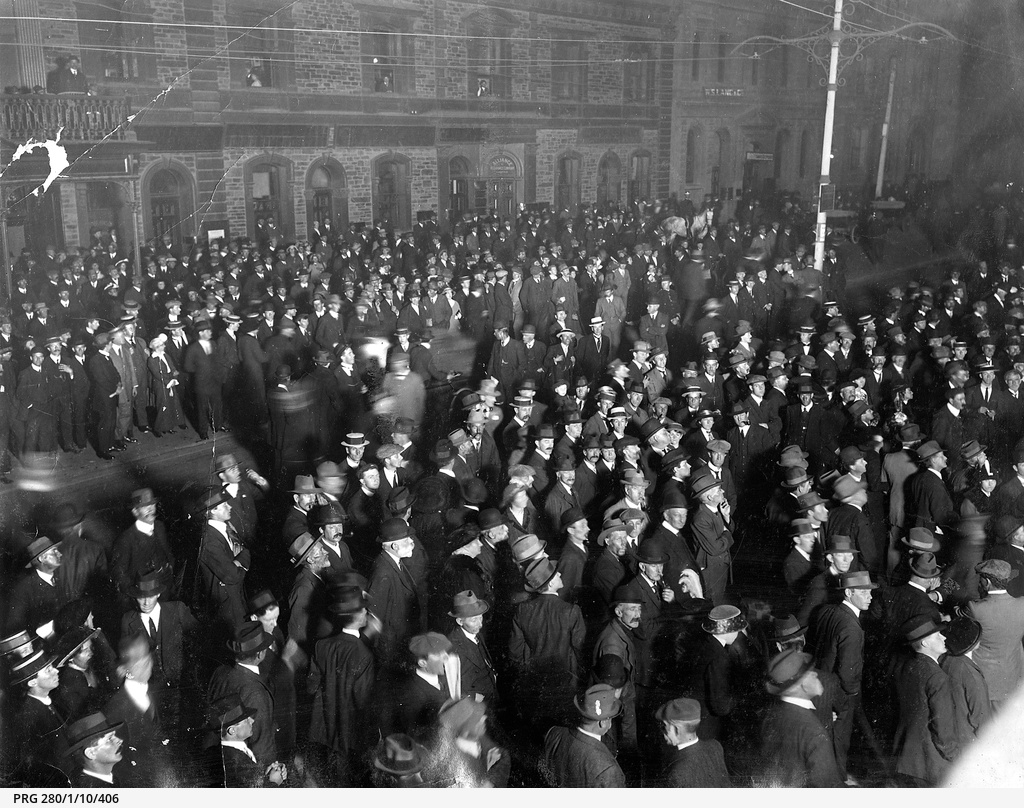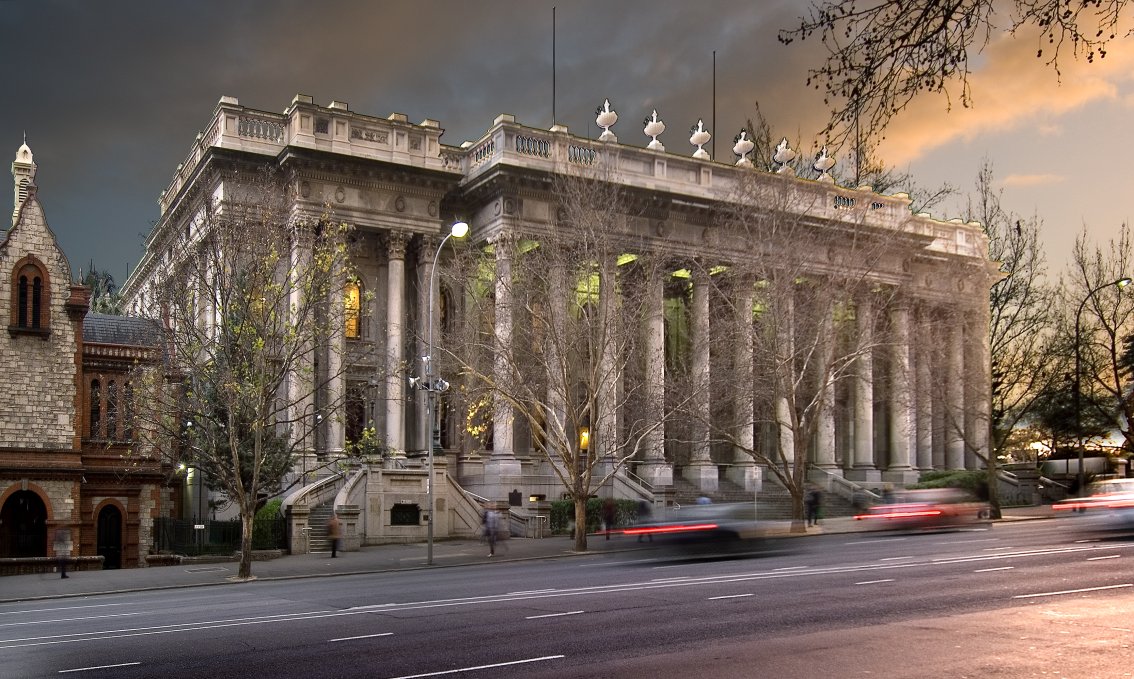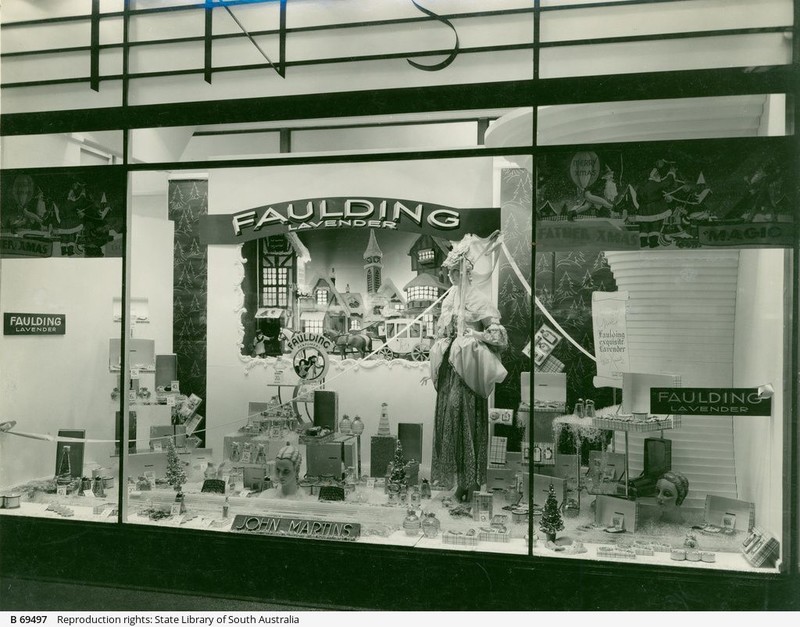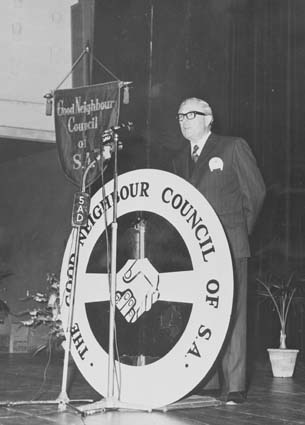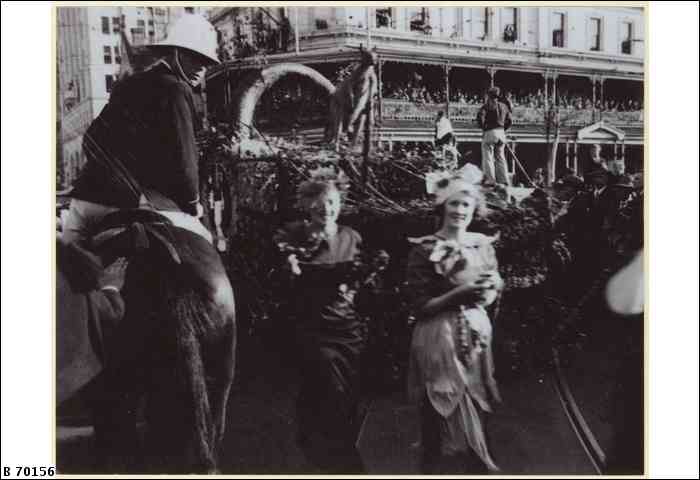-
Aborigines Protection Board
The South Australian Aborigines Act Amendment Act (1939) established a board ‘charged with the duty of controlling and promoting the welfare’ of…
-
Adelaide Benevolent and Strangers’ Friend Society
The first major group to highlight the community’s concern for the destitute and poor was the Adelaide Benevolent and Strangers’…
-
Adelaide Festival Centre
Often considered as the ‘Heart of the Arts’ the Adelaide Festival Centre is home to an eclectic range of cultural…
-
Adelaide Steamship Company
The Adelaide Steamship Company was Australia’s largest shipping company and one of South Australia’s most successful business ventures.
-
Adelaide Theosophical Society
Aimed at reviving ‘ancient wisdom’ as an antidote to modern materialism and promoting universal brotherhood, the Theosophical Society (TS) was…
-
Adelaide Workers’ Homes Inc.
Providing housing for ‘industrious and deserving’ workers since 1899
-
Advanced School for Girls
The pioneering Advanced School for Girls of 1879 evolved to be a central part of Adelaide High School from 1908.
-
Anglican Church
An important shaper of South Australian society, particularly in religious circles, education, welfare, the professions and politics.
-
Australian Democrats
The Australian Democrats have been arguably the most successful minor party in Australia’s political history and one that (unlike the…
-
Baptist Church
Baptists are a much higher proportion of regular churchgoers than the rest of the state’s population
-
-
Broken Hill Proprietary Co. Ltd
South Australia has very close historic and daily links to the mining and processing activities of BHP Billiton.
-
Cheer-Up Society
The Cheer-Up Society comforted servicemen during two world wars after which its facilities became a migrant hostel in Elder Park.
-
Chinese School
Over more than 40 years the Adelaide City Mission provided English-language teaching for Chinese men in the hope of facilitating…
-
Christian Churches
Its small number of independent evangelical congregations has dwindled to only the one remaining in rural South Australia.
-
Christian Science
The First Church of Christ, Scientist, traditionally regarded as unorthodox, has a wider influence than its numerically small size suggests
-
Churches of Christ
When is a denomination not a denomination?
-
Commonwealth Hostels Limited
Commonweath Hostels Limited was responsible for the management and andministration of migrant hostels around Australia. The organisation was established in…
-
Coopers Brewery
Coopers Brewery has survived where many others have failed; it is now the only Australian-owned major brewing company.
-
Democratic Labor Party (DLP)
With little electoral support and no success in winning seats, the DLP’s role in South Australian politics was brief and…
-
Farmers and Producers Political Union (FPPU)
One of the three state political parties to form the Liberal Union in 1910, the FPPU began on 10 August…
-
FH Faulding & Co.
From a humble origin to major international status within the pharmaceutical industry
-
German Club
Der Deutscher Verein was founded on 15 July 1854, at a time when German migrants constituted 7–10% of the non-Aboriginal…
-
Good Neighbour Council
The South Australian branch of the Good Neighbour Council was founded in 1949. Its aim was to assist in the…
-
History Trust of South Australia
In 1981 an act of parliament established the History Trust of South Australia as a statutory authority.
-
History Trust of South Australia
The History Trust of South Australia was established under the History Trust of South Australia Act (1981) to encourage the research…
-
Housewives’ Association
Quite an association in promoting issues affecting housewives, children and the home, addressing women’s issues and protecting the consumer



